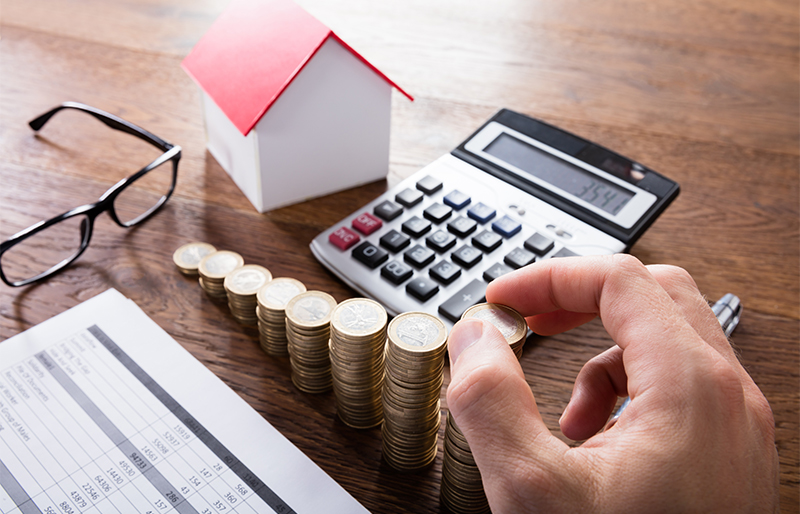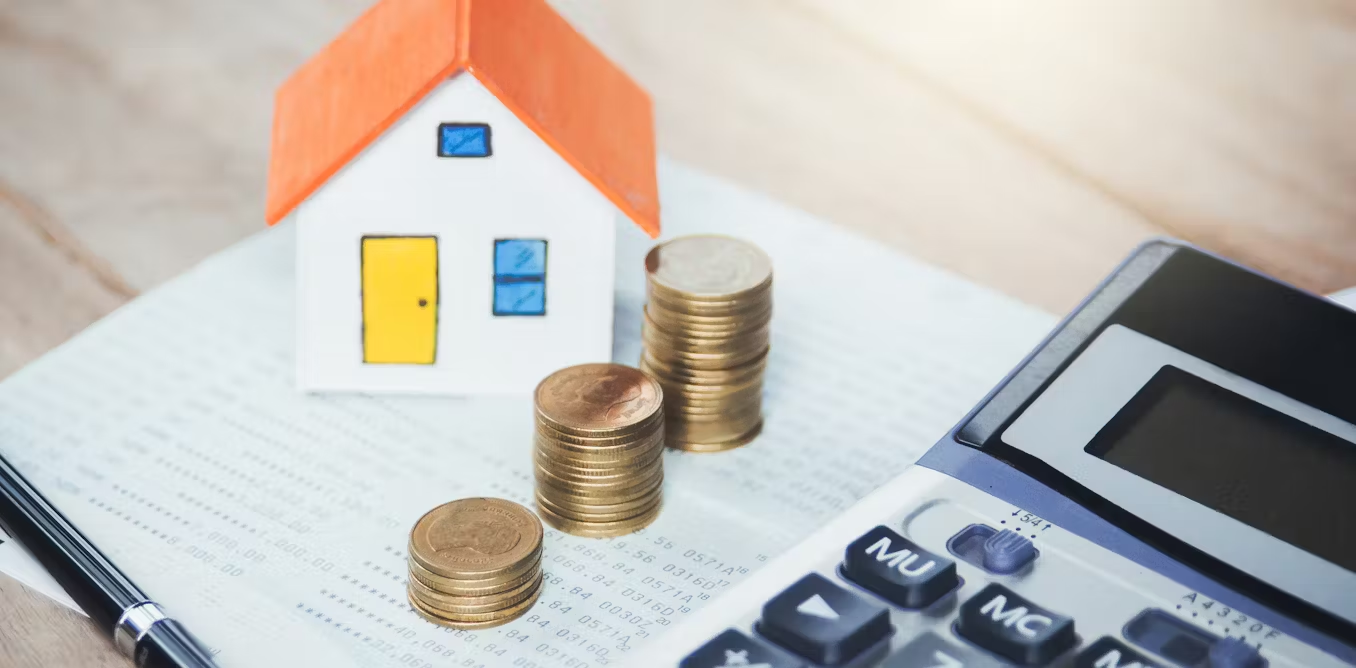Buying your first home is a significant milestone, but it can also be a financial challenge. Fortunately, the Canadian government offers the First Home Savings Account (FHSA) to help first-time homebuyers save for their down payment tax-free. This guide will explain who is eligible for an FHSA, how to open an account, and how to maximize its benefits.
What is the FHSA?
The FHSA is a registered plan introduced in 2019 to help Canadians save for their first home. Contributions to an FHSA are tax-deductible, and any investment growth within the account accumulates tax-free. When you withdraw funds to purchase a qualifying home, the withdrawal is also tax-free.
Who is Eligible for an FHSA?
To be eligible for an FHSA in 2024, you must meet the following criteria:
- Be a resident of Canada: You must have residential ties to Canada. This could include owning property, having a valid tax filing status, or having dependents in Canada.
- Be between 18 and 71 years old: The minimum age can vary depending on the province. In some provinces, the minimum age to open an FHSA is 19. You must be under 71 years old on December 31st of the year you open the account.
- Be a first-time homebuyer: Neither you nor your spouse or common-law partner can have owned a qualifying home in the year you open the account or in the four preceding years. A qualifying home includes any property you or your partner have lived in as your principal residence, excluding shared accommodations for tenancy purposes.
How Much Can I Contribute to an FHSA?
The FHSA has an annual contribution limit of $8,000 in 2024. You can also carry forward any unused contribution room from previous years. This means if you didn’t contribute the full amount in a previous year, you can add that amount to your contribution limit in the current year. There is a lifetime contribution limit of $40,000, which includes all your contributions and any carried-forward amounts.
How to Open an FHSA Account
Once you’ve confirmed your eligibility, you can open an FHSA with a financial institution authorized to offer them. This could be a bank, trust company, credit union, or insurance company. The process typically involves:
- Contacting your chosen financial institution: Inquire about their FHSA offerings and any associated fees.
- Completing an application form: The issuer will provide you with the necessary forms and guide you through the application process.
- Providing required documents: This may include your Social Insurance Number (SIN), proof of birth, and any other documents the issuer requires to verify your eligibility.
Contributing to Your FHSA

Once your account is open, you can start contributing funds. Your financial institution will advise you on the available contribution methods and any investment options within your FHSA.
Transferring Funds to Your FHSA
In addition to direct contributions, you can also transfer funds to your FHSA from your Registered Retirement Savings Plan (RRSP). However, there are some limitations to keep in mind:
- The transferred amount cannot exceed your unused FHSA contribution room. Transfers from your RRSP will reduce this room.
- You cannot directly transfer funds from your RRSP to your FHSA. The financial institutions will need to facilitate the transfer.
- Transfers from a spouse or common-law partner’s RRSP are also possible, but only if they haven’t contributed to their RRSP in the current or previous two years. These transfers will also reduce unused contribution rooms, either yours or your partner’s.
Using Your FHSA for a Down Payment
When you’re ready to purchase your first qualifying home, you can withdraw funds from your FHSA to use for your down payment. The good news is that these withdrawals are tax-free. There is no requirement to repay the withdrawn funds to your FHSA.
What Happens if I Don’t Use My FHSA for a Down Payment?
If you don’t use your FHSA funds to buy a qualifying home within 15 years of opening the account, the contributions you made will become taxable as income in the year you withdraw them. Any investment growth within the account will also be taxable at that time.

